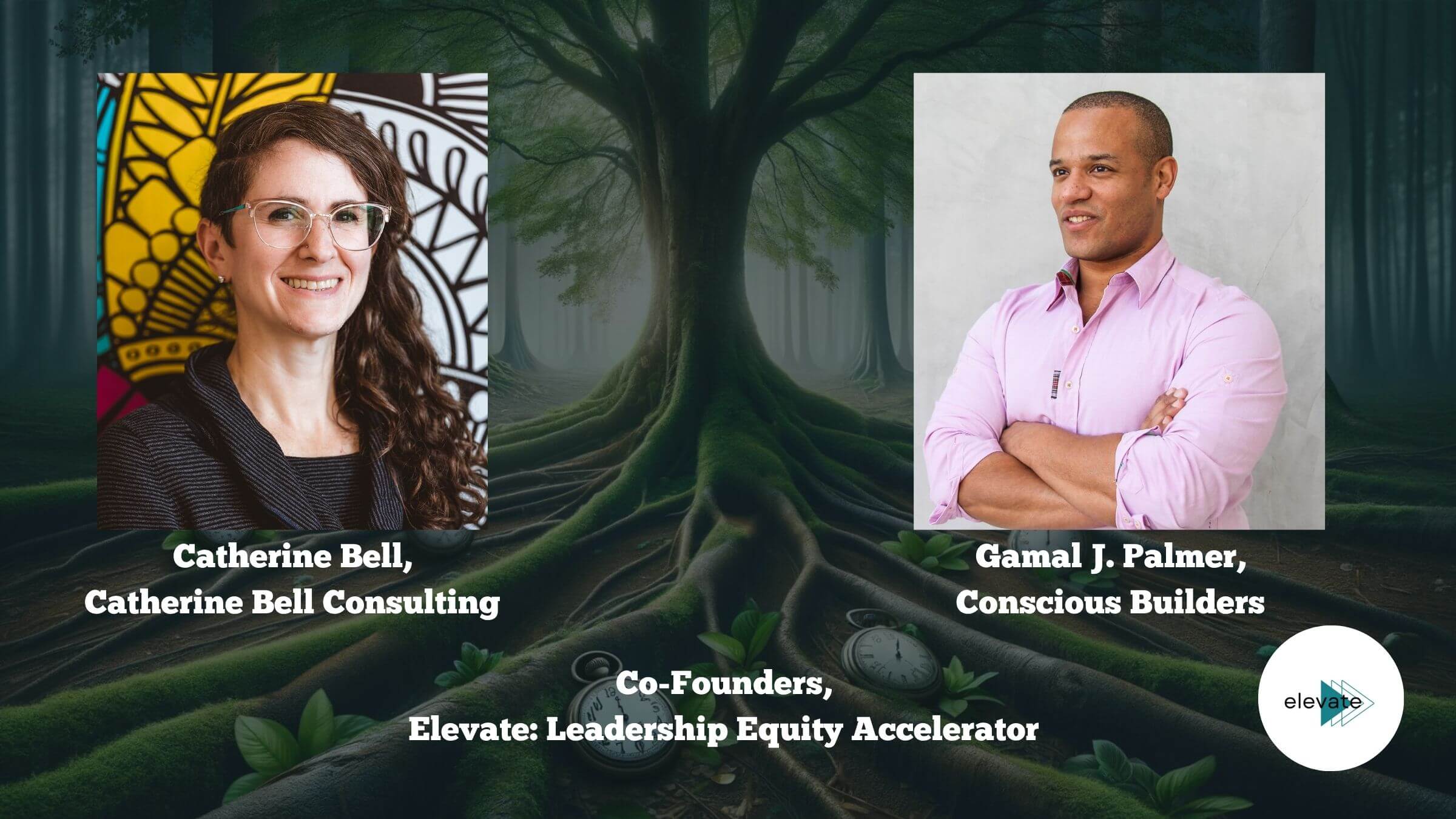Equity is our Legacy, as Americans and as Jews
We stand at a crossroads where our Jewish values and visions for the future are more relevant than ever.

In the tapestry of our nation’s history, equity has been a guiding yet often contentious principle. As members of the Jewish community, with our own history of oppression, it is critical to understand that our healing and freedom is intertwined with the freedom of oppressed communities everywhere. We stand at a crossroads where our Jewish values and visions for the future are more relevant than ever. The ongoing journey toward a more equitable America is not new. It stretches back to the earliest days of our country, when Americans of many backgrounds fought for the abolition of slavery, the emancipation of women, and religious freedom, among other struggles for freedom.
Many of us are familiar with early 20th century, white suffragists like Elizabeth Cady Stanton and Susan B. Anthony, who championed women’s rights. Far fewer are aware of the contributions of thousands of Black women, such as Ida B. Wells, Frances Ellen Watkins Harper, and Mary Ann Shadd Cary, who ignited the movement for women’s rights in the mid-1800s. Their fight wasn’t just for the vote but for equitable access to education and fair employment.
Despite the strides made by women, for Black people, LGBTQ individuals, Jewish folks, and many others, concrete and measurable inequities persist in nearly every corner of our society. These disparities remind us that the journey toward equity is far from over.
That journey has never been an easy one, in part because many misconstrue equity as an act of giving up power, resources, and opportunities. In reality, equity is about sharing — information, skills, access, and support systems, and yes, power. Embracing equity does not necessitate loss for those who currently have advantages and/or privilege. For instance, policy decisions ensuring that women or people of color lead organizations and earn equal salaries to their male counterparts do not strip power from white men; rather, they ensure fair compensation for equal work.
Today, as we face moral dilemmas on a national and global scale, we find ourselves weighing whether or not to build on the legacies of the women leaders of the 1920s, the freedom riders of the 1950s, or the activists of the 1980s who advocated for medical equity within the LGBTQ community.
As we wrestle with the dynamics of equity in a post-October 7th landscape, we must remember the foundations of our heritage as Jews. The Jewish community has a historical and moral obligation to support societal equity, inspired by a rich tradition of seeking justice. Now, more than ever, in a time rife with division and uncertainty, it is crucial to uphold our commitment to a more equitable community, country, and world. We must ensure that the quest for equity, a cornerstone of societal progress, is understood not as a threat but as a sacred obligation.
“Moving Through the Wilderness: Recommitting to Equity After 10/7” is a collection of brief essays born out of Elevate: An Executive Leadership Equity Accelerator. Elevate launched in May 2023 and its first cohort consisted of eleven CEOs of influential Jewish institutions, who are committed to the Jewish value and responsibility of equity within our community. The idea for this project emerged in Montgomery, Alabama during one of Elevate’s in-person convenings in early 2024. To learn more about Elevate and the program’s co-founders and leaders, Gamal J. Palmer and Catherine Bell, click here.
Moving Through the Wilderness is presented in partnership with the Forward, the leading voice in Jewish journalism. Read more essays in the collection.












